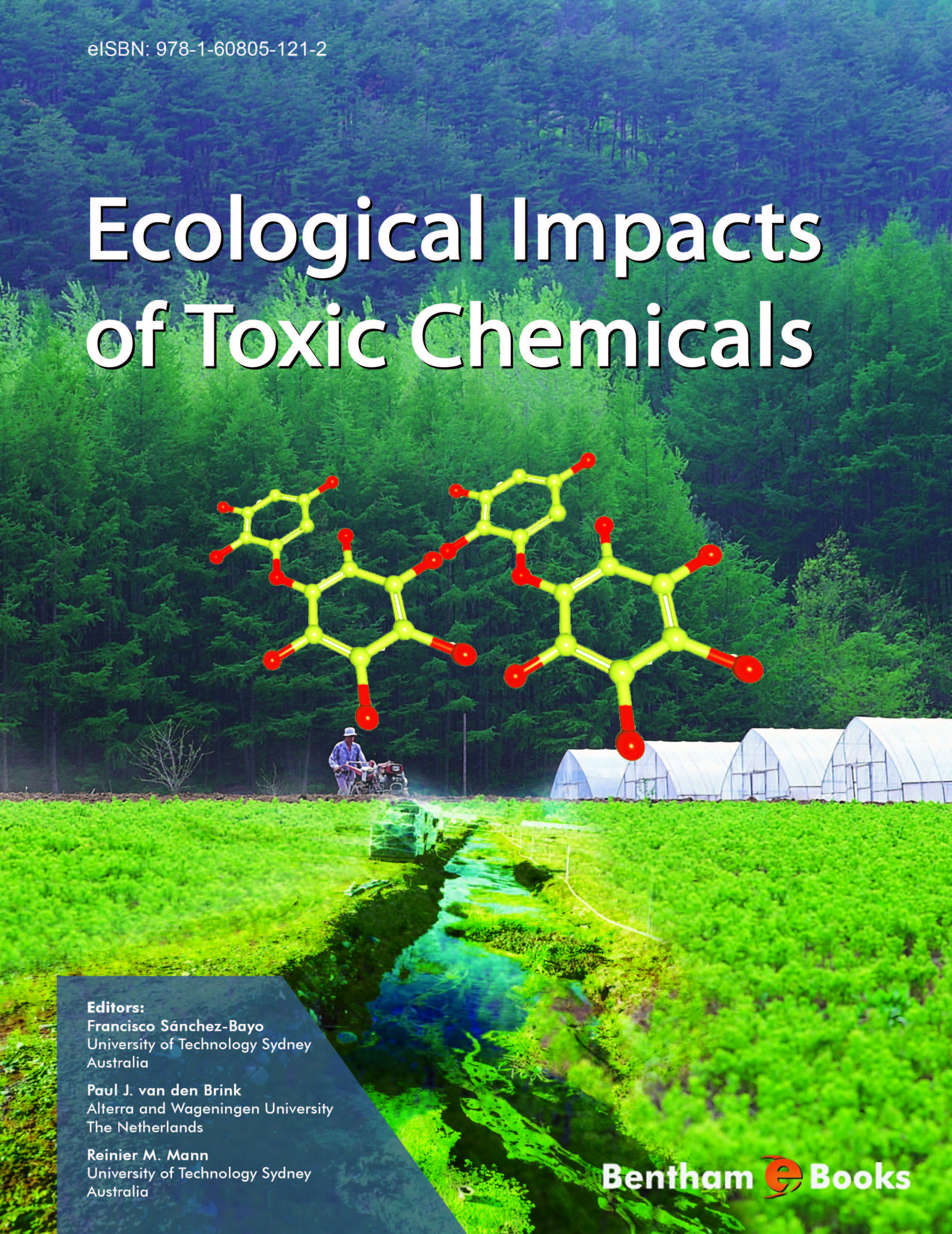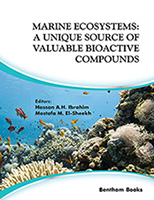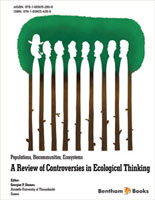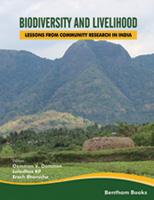Preface
Ecotoxicology is a multidisciplinary science that examines the effects of toxic chemicals on individual organisms, populations, communities and ecosystems. However, with a 40-year history, ecotoxicology is still in its infancy. Up until recently a lot of work has been done to describe the fate and effect of chemicals in the environment, but most of it has been performed in the laboratory, usually with a narrow suite of test organisms. However, over the last two decades more and more experiments and monitoring have been performed in man-made (so called microcosms and mesocosms) as well as natural aquatic and terrestrial ecosystems. Also the use of modelling has allowed us to predict the behaviour of chemicals and their consequent effects in the environment. Impacts of pollutants at an ecosystem level, however, are reported mostly in the specialized journal literature as scattered pieces of a larger puzzle. To date, no systematic work bringing all the information on this subject together is available, neither to researchers nor the general public. This book was conceived to fill this gap.
Ecological Impacts of Toxic Chemicals presents a comprehensive, yet readable account of the known disturbances caused by all kinds of toxic chemicals on both aquatic and terrestrial ecosystems. Topics cover the sources of toxicants, their fate and distribution through the planet, their impacts on specific ecosystems, and their remediation by natural systems. Each chapter is written by well-known specialists in those areas, for the general public, students, and even scientists from outside this field. The book intends to raise awareness of the dangers of chemical pollution in a world dominated by industry and globalization of resources. Because the problems are widespread and far reaching, it is hoped that confronting the facts may prompt better management practices at industrial, agricultural and all levels of management, from local to governmental, so as to reduce the negative impacts of chemical contaminants in our Earth.
The editors would like to thank Bentham Science Publishers for providing this opportunity to bring this science to the general public.
Francisco Sánchez-Bayo
University of Technology Sydney, Australia
Paul J. van den Brink
Alterra and Wageningen University, The Netherlands
&
Reinier M. Mann
University of Technology Sydney, Australia




